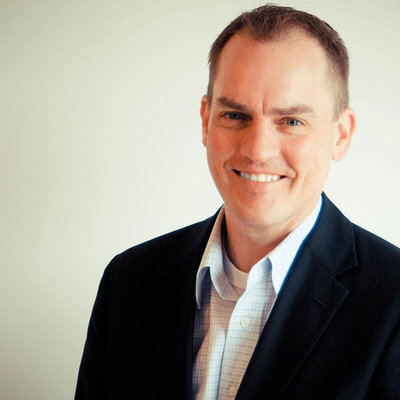
The Eugene Symphony has long-enjoyed a reputation as Oregon’s most forward-looking orchestra. Particularly after visionary music director Marin Alsop ascended the podium in 1989, the Eugene Symphony Orchestra’s programming of contemporary and especially American music put it — and Alsop — on the national map. While the usual 19th-century classics have always dominated the repertoire, Alsop’s successors Miguel Harth-Bedoya and Giancarlo Guerrero continued to feature more 20th- and 21st-century music than typical American orchestras.
The progressive pace seemed to flag in the first few years of current ESO music director Danail Rachev’s regime, but recently the new sounds are flowing again. Half a century after its inception with a rehearsal in ESO co-founder Caroline Boekelheide’s living room, the ESO seems to be entering a new era of forward-looking music.
Beginning with a new work the orchestra commissioned from young West Coast composer Mason Bates — who embraces a 21st-century aesthetic more than any other American writing for orchestra — Rachev is featuring music by five living composers in ESO’s 50th anniversary season, including world premieres of three original works.
“Too often, we have this sense that classical music is this dusty canon, this revered library,” says ESO Executive Director Scott Freck, who took over in June 2012. “People forget that all music was new once. New music can be as valuable as older music because there’s a contemporary, human relevance to it.”
He continues, “There’s power in putting new works up against old works and seeing what we learn about ourselves and the music. Even our existing audience will listen to the classics with fresh ears.”
The renewed emphasis on new music is part of the ESO’s push for innovation, Freck says, in an era when orchestras face enormous challenges and dwindling interest from younger listeners.
“All Beethoven all the time won’t work, even people who love Beethoven would agree,” Freck says. “Every arts organization is struggling to attract a younger audience. In these economically tough times, we have to diversify and get experimental. We’re a little more nimble” than larger orchestras, Freck explains.
Thus the orchestra’s leadership (its board boasts three members under 40) is considering everything from working with young composers to expanding its music education programs to “making the concert experience more relevant” to today’s audiences.
“We want more kinds of music for more kinds of people in more kinds of places,” he explains, cautioning that new approaches must still “make some economic sense. We can’t do a bunch of crazy stuff and lose a bunch of money. But we have to be open to new things. I love the Hult, but I don’t want the orchestra to only play there.”
Freck adds: “We want to do more at the Cuthbert [Amphitheater], maybe take component units of the orchestra to play at a bar. I’ve been to powerful performances in restaurants and pubs.”
The ESO’s season closes with a newly commissioned work by Eugene’s own nationally renowned composer Robert Kyr, with fellow UO prof Alexandre Dossin as soloist, along with Beethoven’s Symphony No. 9.
“The arc of the season is an exploration of America and where its culture comes from,” Freck explains. “All these different cultures mix together and we add our special sauce.”
The orchestra will also celebrate its past in an exhibition at the Hult’s Jacobs Gallery, in articles in its program book, in concerts led by former music directors Alsop, Harth-Bedoya and Guerrero, and more.
But this landmark season is, commendably, mostly about the future. “I believe the modern symphony orchestra is the greatest instrument ever invented,” Freck says. “Anything the human imagination can dream up, you can hear those sounds in the orchestra.”